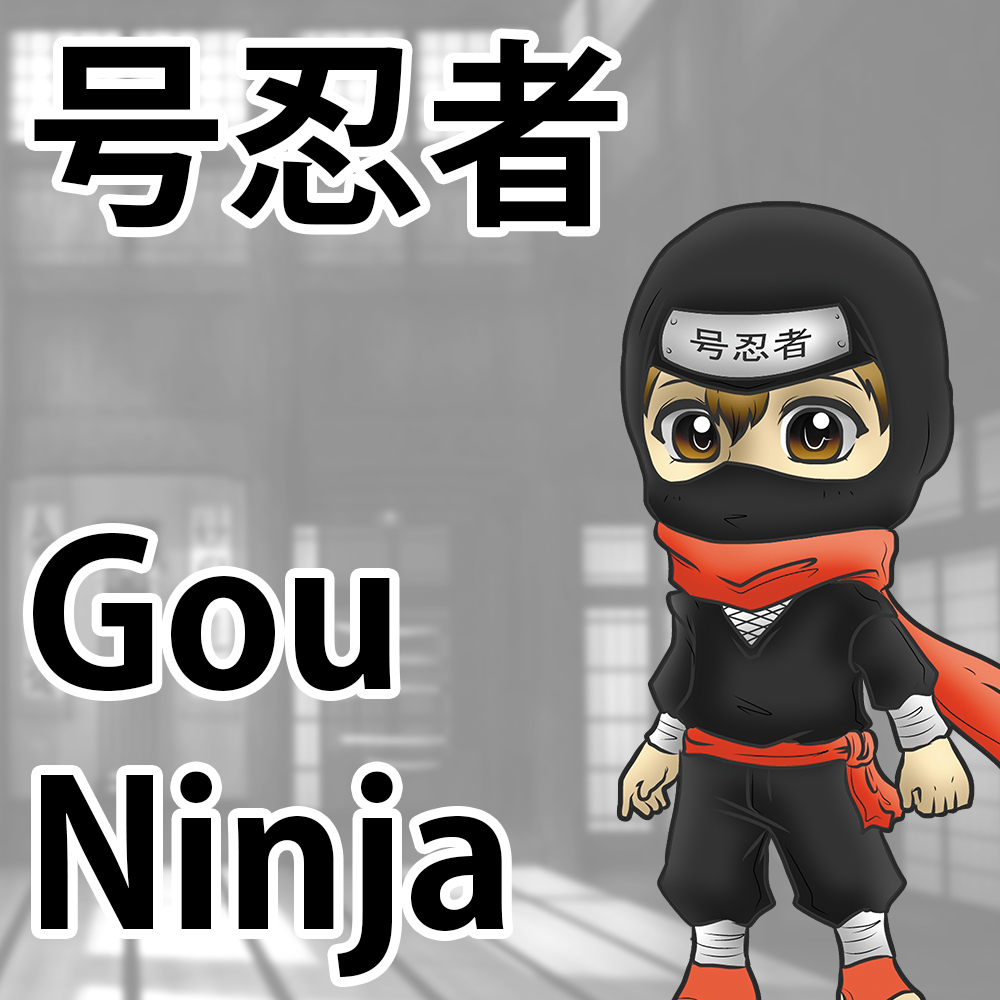mango drank
Member

I'm guessing the old Japanese community thread got shut down when the forum was reorganized last year, and just never got rebooted:
Learning Japanese |OT| ..honor and shame are huge parts of it. Let's!
(Note: New thread is still under construction and will have layout/information updated daily. Apologies for the incompleteness!) Welcome to NeoGAF's official thread for discussing the study of Japanese and Japanese related activities. This thread is a collection of resources and discussions...
じゃあ, reboot しましょう. Same spirit as the old thread: ask questions, help others, post tips and resources, share what you're working on and having trouble with, etc. I've got more time on my hands because of the Coronapocalypse lately, and I've gotten back into the ol 日本語の勉強. I'm more or less a beginner, but I've always meant to learn more and visit Japan someday. It looks like there are some advanced people floating around, and a few other noobs just picking up Japanese.
Quarantine me if not allowed.
Last edited:







